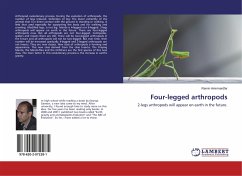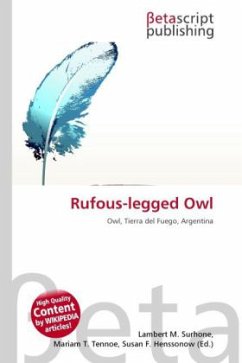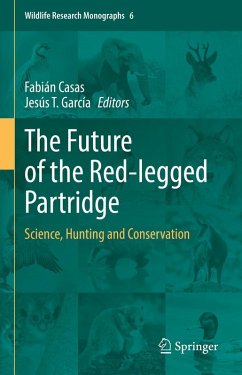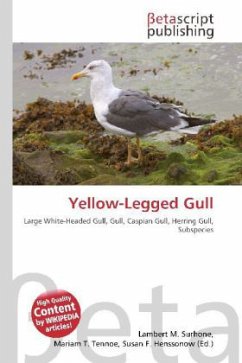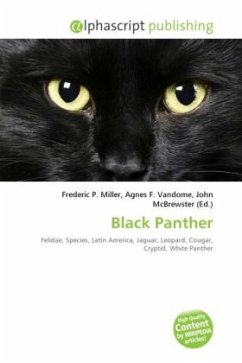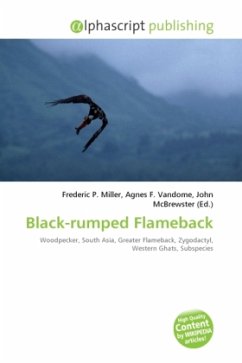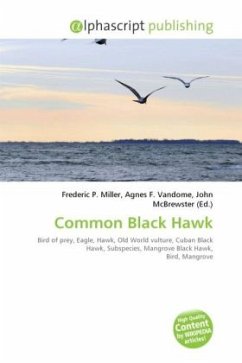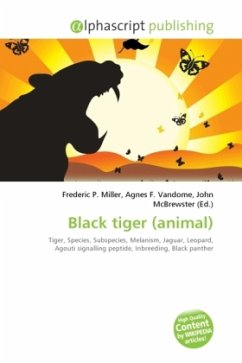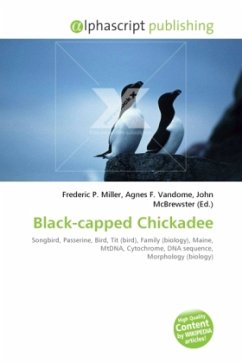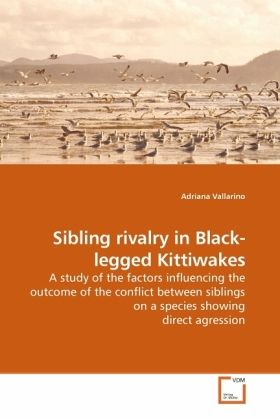
Sibling rivalry in Black-legged Kittiwakes
A study of the factors influencing the outcome of the conflict between siblings on a species showing direct agression
Versandkostenfrei!
Versandfertig in 6-10 Tagen
45,99 €
inkl. MwSt.

PAYBACK Punkte
23 °P sammeln!
In some birds a direct competition between siblings occur. Several differences within clutches and broods influence this competence. The main asynchronies are present in egg components, egg size and age. These differences were studied and experimentally manipulated to investigate their influence on sibling rivalry. Kittiwake mothers lay mainly two eggs asynchronously provoking chicks to hatch with a difference of 12 to 24 hrs. This difference in hours is enough to favour first hatched siblings in terms of age and size. When food is not enough, first hatched chicks will aggressively expel their...
In some birds a direct competition between siblings occur. Several differences within clutches and broods influence this competence. The main asynchronies are present in egg components, egg size and age. These differences were studied and experimentally manipulated to investigate their influence on sibling rivalry. Kittiwake mothers lay mainly two eggs asynchronously provoking chicks to hatch with a difference of 12 to 24 hrs. This difference in hours is enough to favour first hatched siblings in terms of age and size. When food is not enough, first hatched chicks will aggressively expel their siblings from the nest before 2 weeks of age. On the other hand, hormone differences between first and second laid eggs that favour second hatched chicks were found. These hormonal differences make second hatched more competitive and able to cope with an aggressive and older sibling. Survival results from the experimental manipulations of brood composition in the outcome of sibling rivalry are surprisingly contra intuitive. It seems that the asynchronies within a kittiwake brood are present to maintain an equilibrium in order to favour the maximum fitness of siblings and parents.



